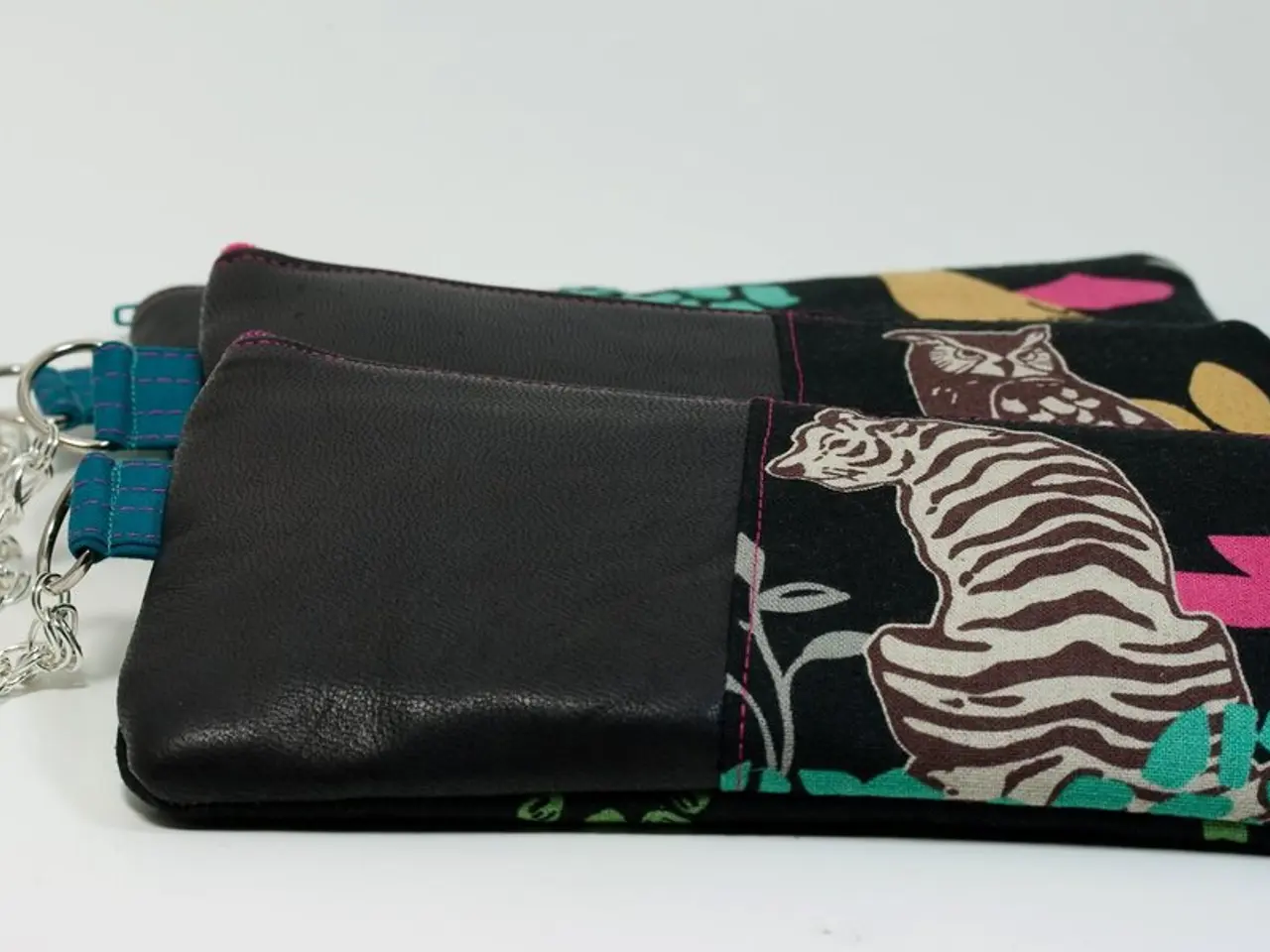Investment union acquires tokenized units from Metzler fund
In the evolving world of finance, Germany is carefully navigating the emerging landscape of tokenized fund shares. Despite stringent regulatory oversight under European securities law, particularly the MiFID II and MiCA frameworks, the concept of tokenizing real-world assets like funds is gaining significant interest.
Asset managers and financial infrastructure providers are playing a pivotal role in this exploration. One of Germany’s major asset managers, Union Investment, has shown interest in blockchain and tokenization technologies but has yet to launch widely available tokenized fund share products. The company is likely focusing on regulatory compliance and infrastructure readiness before scaling such offerings.
Similarly, Metzler Asset Management, active in Germany, is exploring tokenization, especially in areas related to asset management innovation. While specific public initiatives or offerings tokenizing fund shares have not been broadly reported, Metzler Asset Management issued the first German tokenized fund shares in September, although they were not publicly investable.
Schroders, a global asset manager, is leading the charge internationally, involved in advancing tokenization initiatives within regulated environments. Schroders’ involvement in Germany would typically mirror the cautious but progressive trend seen among big European asset managers. The company is experimenting with Calastone’s approach as part of trials in Singapore.
Calastone, a global fund transaction network, is pivotal in infrastructure development to enable efficient fund trading and settlement. It actively explores blockchain and tokenization technology to streamline cross-border fund transactions, potentially serving as a backbone for tokenized fund shares in Germany and broader Europe.
The regulatory environment is a critical determining factor for the pace and scope of tokenized fund share adoption in Germany. The rules for crypto securities under Germany’s eWpG legislation were used for the fund issuances. Trials for tokenizing underlying assets are being conducted in Singapore by Schroders, indicating a radical approach that could lead to new product offerings.
Asset managers like Union Investment are not only looking at tokenized fund shares as a potential cost-cutting measure in the fund distribution process but also as a means to gain a better understanding of their end investors. For instance, Union Investment bought tokenized fund units in another fund and incorporated them into its own multi-asset fund "PrivatFonds: Flexibel pro".
While pilots and sandbox projects exist, such as those by Robinhood in the EU, mainstream adoption is pending clearer regulatory guidance and market acceptance. The September fund units issued by Metzler Asset Management were part of a three-month pilot for the tokenized fund. Tokenization could make transactions faster and more cost-effective for customers, making it an attractive proposition for the future.
As the German market continues to explore and develop the ecosystem for tokenized fund shares under strict compliance conditions, it is clear that this emerging phase is shaping up to be an exciting frontier in the world of finance.
- Tokenization technology, in the form of tokenized fund shares, is being explored by major asset managers in Germany, such as Union Investment and Metzler Asset Management, as a means to streamline the fund distribution process, gain insights into end investors, and potentially offer more cost-effective transactions.
- Schroders, a global asset manager, is leading international efforts in advancing tokenization initiatives within regulated environments, with trials in Singapore for tokenizing underlying assets, signifying a radical approach that could result in new product offerings.
- Calastone, a global fund transaction network, plays a pivotal role in infrastructure development for efficient fund trading and settlement, and actively explores blockchain and tokenization technology to streamline cross-border fund transactions, potentially serving as the backbone for tokenized fund shares in Germany and broader Europe.




